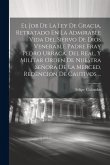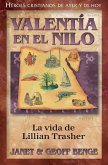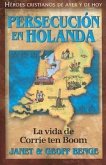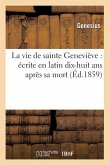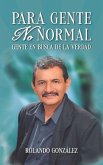The legacy of Juan María de Araluce Villar was buried in oblivion, despite the fact that he was the one who untied the knots of Franco's centralism, even while the dictator was still alive. As a traditionalist, he was the architect of the reinstatement of the Economic Agreement, interpreting the fueros as a consubstantial element of the restored Monarchy after Franco's death. A crucial member of the Council of the Kingdom, he aspired to give his homeland, Vizcaya, and his adopted land, Guipúzcoa, autonomy within the Spanish framework. His political career was focused on recovering something that, in his childhood, was common and even persisted under Franco's regime: the pro-Spanish sentiment of many Basques. That is why, in 1976, he was assassinated by an ETA that not only opposed this vision head-on, but also rejected the mere existence of a memory that totalitarianism was unwilling to accept. As president of the Provincial Council of Guipúzcoa, Araluce was an essentially religious man. Christianity marked every aspect of his life, and his marriage and fatherhood, with nine children, did not diminish his commitment, which surpassed that of many lay faithful. His life was marked by dangers, from the Civil War, where he defended his faith, to the threat of the Falangists. Finally, he was assassinated in order to silence his decentralising proposal and erase his memory, an injustice that these pages seek to remedy.
Hinweis: Dieser Artikel kann nur an eine deutsche Lieferadresse ausgeliefert werden.
Hinweis: Dieser Artikel kann nur an eine deutsche Lieferadresse ausgeliefert werden.


![Vida Admirable Del Siervo De Dios P. Antonio Maria Claret, [fundador De La Congregacion De Los Misioneros Hijos Del Inmaculado Corazon De Maria]; Volume 1 Vida Admirable Del Siervo De Dios P. Antonio Maria Claret, [fundador De La Congregacion De Los Misioneros Hijos Del Inmaculado Corazon De Maria]; Volume 1](https://bilder.buecher.de/produkte/68/68807/68807513m.jpg)
